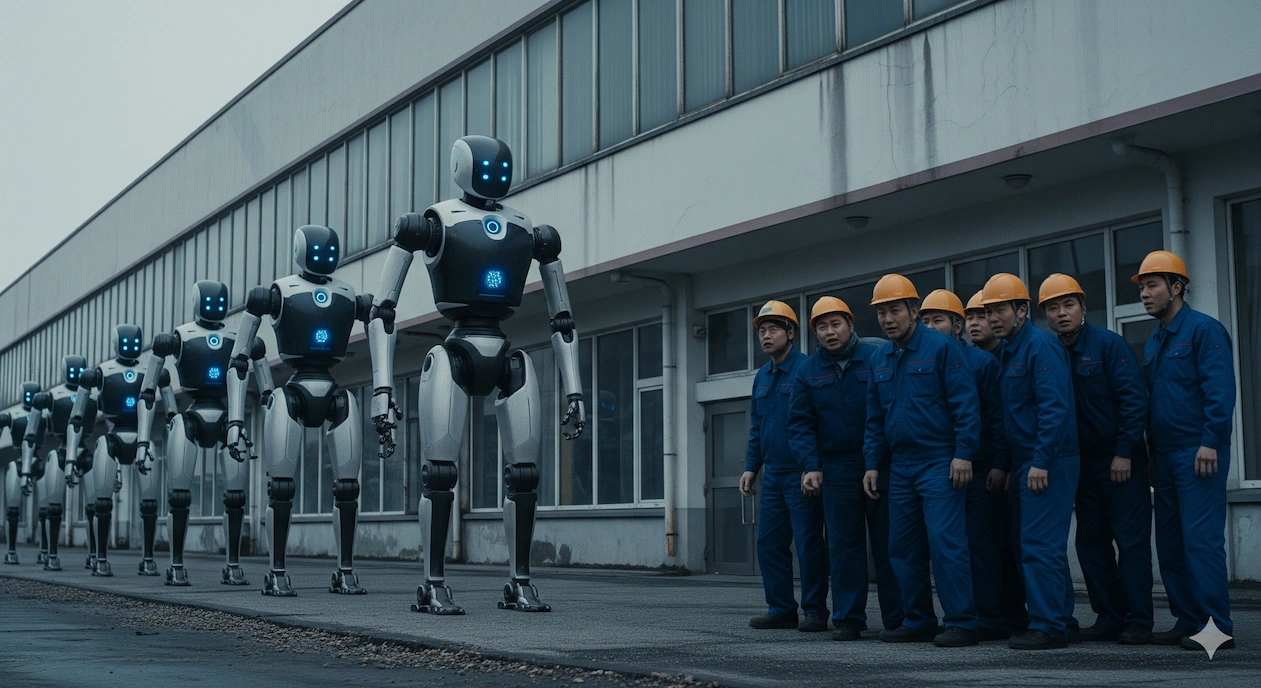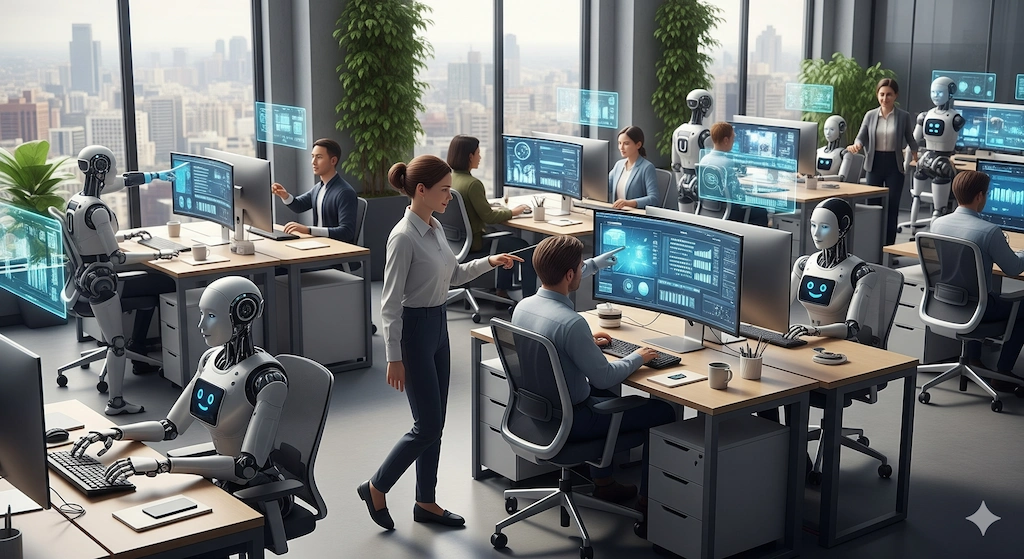GloNews10

Artificial Intelligence (AI) has emerged as the most transformative technology of our era. While businesses and governments celebrate its potential to boost efficiency and innovation, the growing concern about its impact on jobs is impossible to ignore. The AI and jobs concern is no longer just speculation—it is rapidly becoming one of the defining challenges of the 21st century.
Economists, policymakers, and technology leaders are debating whether AI will create more opportunities than it destroys, or if mass unemployment is an inevitable consequence of automation.
The earliest wave of automation, driven by robotics, impacted manufacturing and physical labor. Today, AI threatens to disrupt not just factories but also office jobs, creative industries, and even professional services like law and medicine.
From AI-powered chatbots replacing customer service agents to algorithmic trading systems in finance, many tasks once thought “uniquely human” are being automated. The AI and jobs concern now spans across every sector.
According to a World Economic Forum report, nearly 85 million jobs could be displaced by machines by 2025, even though 97 million new roles may emerge. Similarly, some computer scientists, including Professor Roman Yampolskiy, have warned that Artificial General Intelligence (AGI) could lead to unemployment rates approaching 99% by 2030.

The fear is not only about losing jobs but also about widening inequality. High-paying AI-related jobs require advanced skills, while low-skill workers face displacement without clear alternatives.
Mass unemployment could trigger social unrest, political polarization, and economic instability. Policymakers are already debating ideas like Universal Basic Income (UBI) as a potential solution.
Work is not just about income—it also provides meaning, purpose, and identity. The erosion of stable employment could lead to increased anxiety, depression, and loss of social cohesion.
Governments worldwide are promoting reskilling initiatives, helping workers learn new digital skills. Companies like Amazon and Google have invested billions into training programs for employees at risk of automation.
AI experts emphasize the need for responsible AI development. The focus is not just on building smarter machines but ensuring that they complement human workers rather than replace them entirely.
For a deeper perspective on this, the MIT Technology Review regularly explores policies and strategies to handle AI’s economic impact.
While the AI and jobs concern is real, it is also worth noting that new opportunities may emerge:
The AI and jobs concern is not a distant problem—it is unfolding right now. From customer service desks to hospital wards, AI is rapidly changing the nature of work. The real question is not whether jobs will change, but whether societies can adapt quickly enough to ensure that the benefits of AI are shared widely.
If policymakers, businesses, and educators act together, AI could become a tool for prosperity. If not, the future of work may indeed be marked by widespread unemployment and social upheaval.